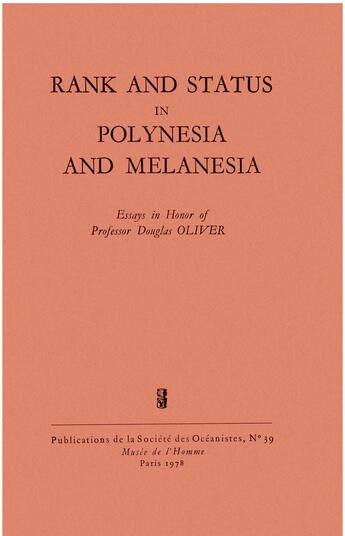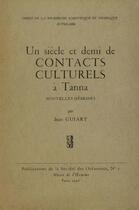Résumé:
One of the less fortunate legacies that we who practice ethnography in Oceania have given the scholarly world is the stereotype of the Melanesian leader as "Big Man". The designation "Big Man", derived literally from the metaphor commonly used in Austronesian languages or from the... Voir plus
One of the less fortunate legacies that we who practice ethnography in Oceania have given the scholarly world is the stereotype of the Melanesian leader as "Big Man". The designation "Big Man", derived literally from the metaphor commonly used in Austronesian languages or from the Neo-Melanesian Pidgin lexicon, has come to denote a "pure type" or "species" of leadership, authority and government. (Rightly or wrongly, ethnographic sources usually ignore women's role in government, although they may have significant impact). In countless introductory anthropology courses students are asked to accept and perpetuate the cliches that Melanesian leaders typify achieved rather than ascribed status, that Melanesian leaders are archetypal symbols of primitive capitalistic competition, and that Melanesian leadership represents an inferior form.
Donner votre avis










